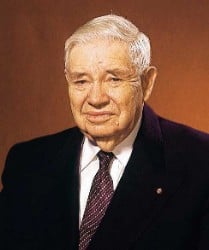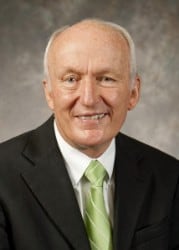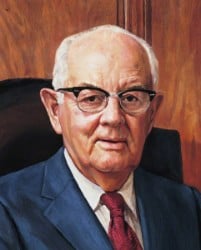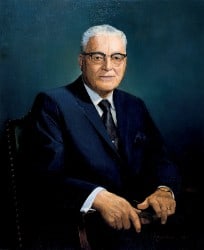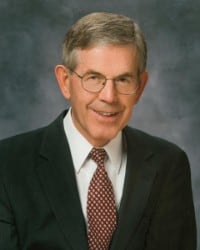
“The great Mediator asks for our repentance not because we must ‘repay’ him in exchange for his paying our debt to justice, but because repentance initiates a developmental process that, with the Savior’s help, leads us along the path to a saintly character”
| The Broken Heart [Salt Lake City: Deseret Book, 1989], 149;

